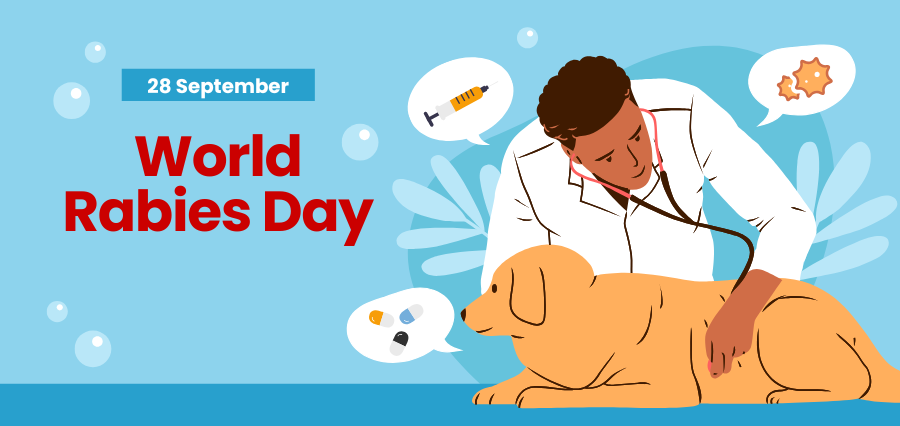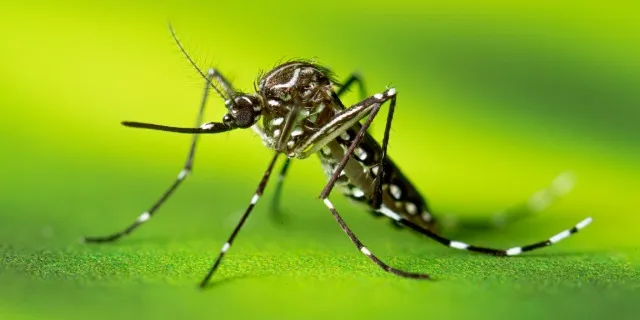Zydus Lifesciences Secures WHO Prequalification for ZyVac TCV, Opening Doors to UN Procurement
LATEST news
-
 Ethiopia Confirms First Marburg Virus Outbreak as Health Agencies Work to Contain SpreadNews
Ethiopia Confirms First Marburg Virus Outbreak as Health Agencies Work to Contain SpreadNews -
 Both Diet and Regular Sodas May Increase Risk of Liver DiseaseNews
Both Diet and Regular Sodas May Increase Risk of Liver DiseaseNews -
 World Rabies Day 2025: A Call to Action from the Global CommunityNews
World Rabies Day 2025: A Call to Action from the Global CommunityNews -
 Day-biting Invader: Aedes aegypti Mosquito Discovered in South AshlandNews
Day-biting Invader: Aedes aegypti Mosquito Discovered in South AshlandNews -
 Australian Scientists Create World’s First Lab-Grown Human Skin with Blood SupplyNews
Australian Scientists Create World’s First Lab-Grown Human Skin with Blood SupplyNews

Zydus Lifesciences Limited has declared the latest development as in-principle acceptability of the Vaccine has been granted by the WHO for its typhoid conjugate ZyVac TCV. This puts ZyVac TCV in a position to benefit from funds that are available and accessible by United Nations (UN) allowing for more expansive access to this potent tool in combating typhoid in regions most affected by the disease.
Formulated and produced at the Zydus Biotech Park in Gujarat, ZyVac TCV is designed for the preventive immunisation for Salmonella typhi infections in travellers between the ages of 6 months to 65 years. With this WHO prequalification, ZyVac TCV can now qualify for the UN procurement program, which sources over 150 million doses of typhoid conjugate vaccines every year to address this contagious disease which affects high-risk populations in India, Africa and Southeast Asia and elsewhere.
Typhoid fever, thus a food borne disease resulting from the consumption of contaminated food and drinking water harboring the bacterium Salmonella enterica serovar typhi, is still a big health issue globally. In the region of South Asia, India is primarily responsible for about three-fourth of both incidence and mortality from this sick health condition. Typhoid alone causes an estimated 11-21 million febrile illnesses annually and results in roughly 117,000 to 161,000 deaths, estimates GAVI (2022).
SAGE which is the World Health Organization Strategic Advisory Group of Experts on Immunization notes that majority of typhoid fever’s severe outcomes is experienced by the young, with 27% of cases being reported among children below the age of five years. This demographic vulnerability is the reason why vaccination efforts have to be stepped up to ensure those vulnerable are vaccinated properly.
In light of the successful immunisation campaign led by Zydus Lifesciences using ZyVac TCV, there is hope of eradicating Typhoid fever as a serious health threat while saving many lives currently at risk due to a lack of vaccines in those nations.
